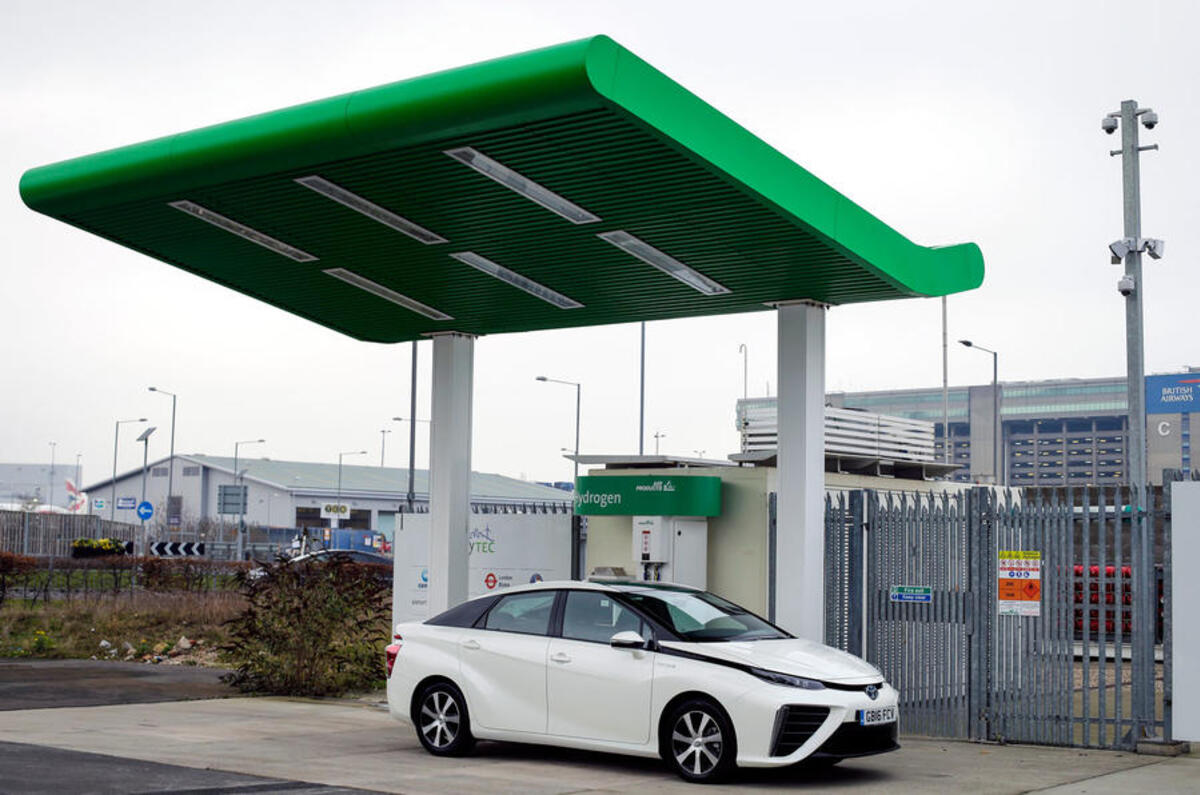Toyota is building the world’s first megawatt-scale renewable power and hydrogen generation station, which will be able to provide cars with a carbon-neutral source of energy.
The Tri Gen site, located at the Port of Long Beach in California, US, is due to open in 2020.
It will use biomaterial sourced from local agricultural waste to generate water, electricity and hydrogen.
Its daily output is predicted to reach around 2.35 megawatts of electricity and 1.2 tonnes of hydrogen – enough to power the equivalent of 2350 homes and 1500 vehicles.
Tri Gen will be able to power Toyota Mirai hydrogen fuel cell road cars being imported through the port, meaning they won’t require energy from the predominantly fossil fuel-powered grid. It will also power Toyota's logistical services and operations at the port, ensuring it will become a completely renewable-energy-powered business site.
Toyota is aiming to achieve net zero CO2 emissions from its operations by 2050 and has a 10% new car market share in the US.
It has long championed hydrogen fuel cell technology for cars and has recently partnered with Shell to increase the number of hydrogen fuel cell filling stations in the US.
Toyota North America’s strategic planning boss, Doug Murtha, said: “For more than 20 years, Toyota has been leading the development of fuel cell technology, because we understand the tremendous potential it has to reduce emissions and improve society.”
However, in light of the far faster growth of the battery-electric car market, Toyota has now begun developing battery-electric technology as well, with intentions of launching a new EV model that uses solid state batteries in 2022.
In Britain, the Mirai remains a very low-volume seller, with just 15 cars due here before the year’s close – a reflection of the small scale of hydrogen infrastructure here.
Conversely, battery electric cars have been rapidly growing in popularity, with plug-in model sales up by 36.9% in October alone.
Shell recently announced that it was introducing electric car charging points to some of its UK forecourts, and the Government announced a £400 million investment in the country's EV charging infrastructure in its Autumn Budget.
More content:
Toyota Mirai long-term test review
Chris Bangle Redspace electric city car revealed
New Uniti electric city car to be revealed next week




Add your comment